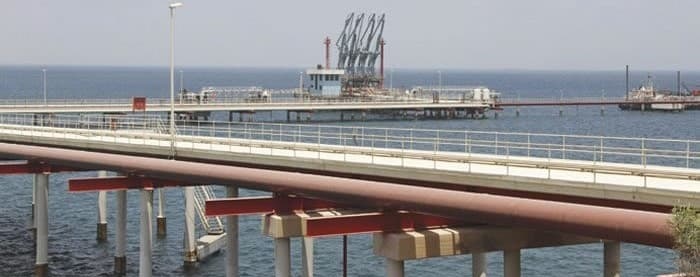
Hess may attempt to load a cargo of crude oil from Libya’s Es Sider port this week. If successful, the loading represents a glimmer of hope for oil-rich Libya who has had its oil production brought down to just 100,000 barrels per day amid port closures as a result of the civil unrest, from 1.2 million bpd at the start of the year.
Libya’s National Oil Company (NOC) said earlier this week that a warship had been staying at the Ras Lanuf oil terminal, adding that its oil terminals remain out of service.
It is not exported any oil since January.
Libya’s National Oil Company declared a force majeure on Libya’s oil ports—including Es Sider, after the LNA blockaded the ports.
A closure of all the oil ports in the Gulf of Sirte resulted in a wave of blackouts in the country, as condensate reservoirs filled up, leaving no room to house the associated gas that is produced alongside the condensate. It is this gas that fuels the power stations.
Libya’s oil industry is also battling a wave of Covid-19 infections, with Monday seeing the highest number of new cases since the start of the pandemic. The outbreak caused two NOC affiliates to send workers home and halt some work.
A partner in Libya’s Waha concessions since 1962, Hess is no stranger to Libya’s unrest, with its interest in 13 fields in the Sirte Basin has fallen prey to civil unrest numerous times.
At the end of August, unnamed sources suggested that two tankers were set to load oil for export at Libya’s Brega port—one of which was headed to Austrian’s OMV. It is unclear whether those shipments are still on the books.
The blockade of the oil terminals has been disastrous for Libya’s economy, depriving the nation of more than $8 billion in oil revenue.
